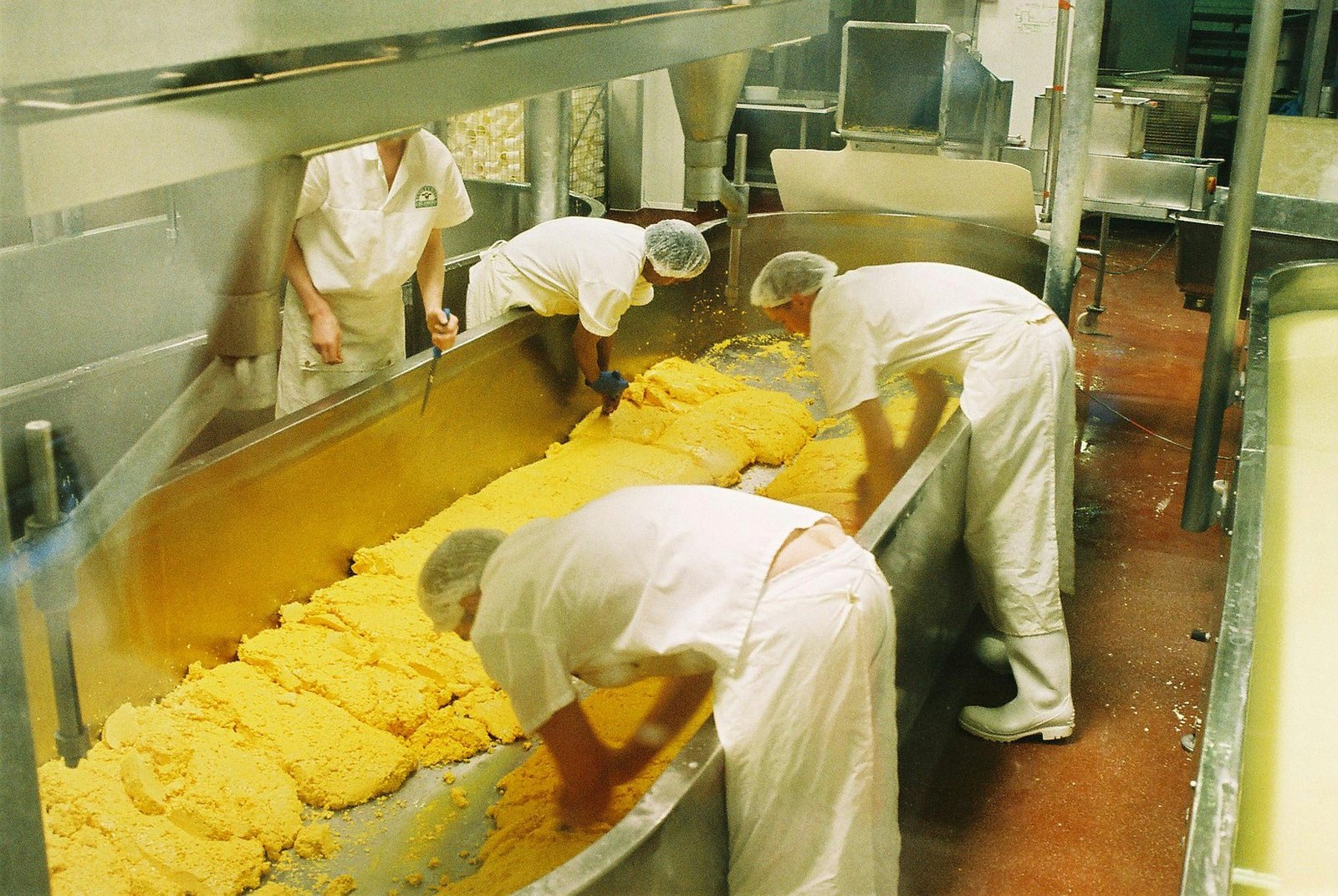How Do You Maintain ISO 22000 Compliance During Staff Turnover?
Staff turnover is inevitable in every business. But in the food industry, it comes with high risks. Why? Because your food safety system depends on your people.
So how can you maintain ISO 22000 compliance during staff exits, new hires, or team restructuring?
Here’s how to keep your Food Safety Management System (FSMS) intact and fully functional—no matter who comes or goes.
🔄 Key ISO 22000 Clauses Related to Staff Turnover
-
Clause 5.3 – Organizational roles, responsibilities, and authorities
-
Clause 7.2 – Competence
-
Clause 7.3 – Awareness
-
Clause 7.4 – Communication
-
Clause 7.5 – Documented information
👉 These clauses emphasize the need to ensure all staff are qualified, trained, and aware of their food safety responsibilities, even during transitions.

✅ Strategies to Maintain Compliance During Staff Changes
1. Document Job Roles and Responsibilities Clearly
-
Define every food safety-related role in writing
-
Include critical control points (CCPs), PRPs, and OPRPs tied to each role
-
Use job descriptions as part of your onboarding package
2. Maintain Up-to-Date Training Records
-
Keep a training matrix for each position
-
Ensure training is refreshed regularly—not just during onboarding
-
Track competency evaluations, not just attendance
3. Create a Succession Plan for Critical FSMS Roles
-
Identify backup personnel for HACCP team, internal auditors, food safety managers
-
Train and certify backup team members in advance
-
Use a cross-training approach to build flexibility
4. Standardize Work Instructions and SOPs
-
Ensure SOPs and WIs are updated, accessible, and easy to follow
-
Use visuals or multilingual versions if needed
-
Make sure new staff can follow procedures without needing verbal guidance
5. Build a Strong Onboarding Program for Food Safety
-
Provide ISO 22000 overview during first week
-
Introduce site-specific hazards and control measures
-
Include hygiene, allergen control, and documentation training
6. Use Digital Tools for Consistency
-
Store FSMS documents in a central digital location
-
Automate training reminders and competency checklists
-
Digitally track corrective actions and incident logs
7. Ensure Internal Audits Cover Personnel Transitions
-
Schedule audits soon after key personnel changes
-
Focus on affected processes and any potential compliance gaps
-
Use findings to adjust training or documentation if needed
🛑 Common Compliance Risks During Turnover
-
Loss of tribal knowledge not captured in documents
-
Incomplete handover of responsibilities
-
Delays in assigning corrective actions or monitoring controls
-
New hires unaware of site-specific hazards or controls
-
Failure to update training records or job descriptions
📈 Benefits of Proactive Staff Transition Planning
-
✔ No disruption in critical food safety tasks
-
✔ Audit readiness maintained year-round
-
✔ Faster training and integration of new hires
-
✔ Reduced food safety risks and human errors
-
✔ Better morale from structured support systems

🏁 Final Thoughts
ISO 22000 compliance doesn’t stop when your staff changes.
It depends on the strength of your system, not just the people in it.
With the right planning, documentation, and training structure, your FSMS can remain strong—even during major staff turnover.
👉 Need help building a resilient FSMS that survives team changes?
Contact CAYS Scientific to strengthen your ISO 22000 compliance system for the long run.


